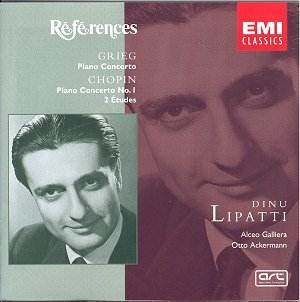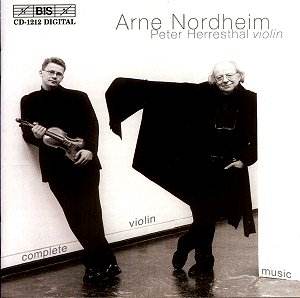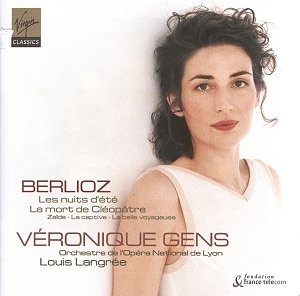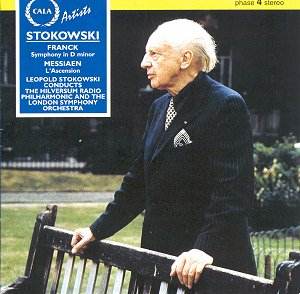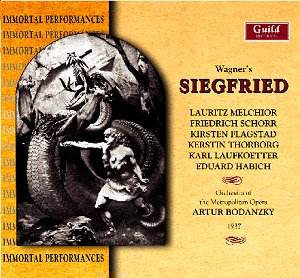 Composer: Wagner
Composer: Wagner
Works: Siegfried
Performers: Siegfried – Lauritz Melchior (tenor), Brünnhilde – Kirsten Flagstad (soprano), Mime – Karl Laufkoetter (tenor), Erda – Kerstin Thorborg (contralto), Fafner – Emanuel List (bass), Woodbird – Stella Andreyeva (soprano), Orchestra of the Metropolitan Opera, New York, Artur Bodanzky (conductor)
Recording: Recorded live on 30 January 1937
Label: Guild Historical 2207/9
The monumental work of Richard Wagner has long captivated composers and audiences alike, with “Siegfried” standing as a crucial pillar in the Ring Cycle—a testament to Wagner’s audacious vision of mythic storytelling through music. The 1937 live recording under Artur Bodanzky captures a remarkable moment in Wagnerian performance history, showcasing an extraordinary cast that includes the legendary Lauritz Melchior, Kirsten Flagstad, and Friedrich Schorr. This recording not only reflects the artistic heights of the era but also provides a window into the interpretive choices that defined Wagner’s operas in the early 20th century.
Bodanzky’s conducting reveals a flowing, dramatic interpretation of the score, characterized by a sense of pacing that allows the music’s inherent lyricism and tension to unfold organically. His approach, while occasionally criticized for cuts—48 pages omitted in this version—is nonetheless compelling, particularly in the orchestral interludes, which evoke a vivid sense of place and emotion. The sound quality, a testament to both the era’s recording challenges and the technical restoration efforts by Guild Historical, presents a spectrum of aural textures; while there are moments where the recording reveals its age—specifically, the occasional “purring” and background noise—these imperfections do little to overshadow the power of the performance.
Lauritz Melchior’s portrayal of Siegfried is nothing short of electric. His voice, a shining beacon of the heldentenor tradition, ascends effortlessly to the highest notes, particularly evident in the famous “Forging Scene.” The youthful exuberance he brings to the role is palpable, and his ability to convey the character’s emotional evolution—from naiveté to a more complex heroism—adds depth to the performance. In contrast, Friedrich Schorr’s Wotan, portrayed as the Wanderer, embodies a noble gravitas that is both haunting and poignant. His rich, expressive voice resonates with the burden of guilt, especially in the Act 3 duet with Erda, where Kerstin Thorborg’s majestic contralto complements Schorr’s authority beautifully. The dramatic interplay between these characters is underscored by their nuanced interpretations, highlighting the intricate psychological landscapes Wagner crafted for them.
Karl Laufkoetter’s Mime, with his neurotic, wheedling demeanor, offers a compelling foil to the towering figures of Siegfried and Wotan. His portrayal balances craftiness and vulnerability, a testament to Laufkoetter’s interpretive skill. Emanuel List’s Fafner introduces a palpable menace, particularly in his exchanges with Melchior, enhancing the tension as Siegfried confronts the dragon. The lighter moments, such as the Woodbird’s playful exchanges with Siegfried, brought to life by Stella Andreyeva, serve to punctuate the darker themes, showcasing Wagner’s balance of humor and tragedy.
While the technical limitations of the recording are evident, the sheer vocal prowess and interpretive depth of the cast render this performance a significant historical artifact. It stands as a reminder of the golden age of Wagnerian singing, a period when the Met’s stage was graced by artists who were not only technically brilliant but also deeply attuned to the emotional undercurrents of Wagner’s music.
This release is an essential addition to the catalog for those who wish to experience the authentic sound of Wagner as it was performed in a vibrant era, despite its sonic imperfections. The synthesis of a stellar cast under Bodanzky’s direction creates a vivid tapestry of sound that draws listeners into the heart of the drama. For ardent Wagnerians and those curious about the evolution of operatic performance, this recording not only preserves a moment in time but also offers an enduring testament to the power of live performance.
